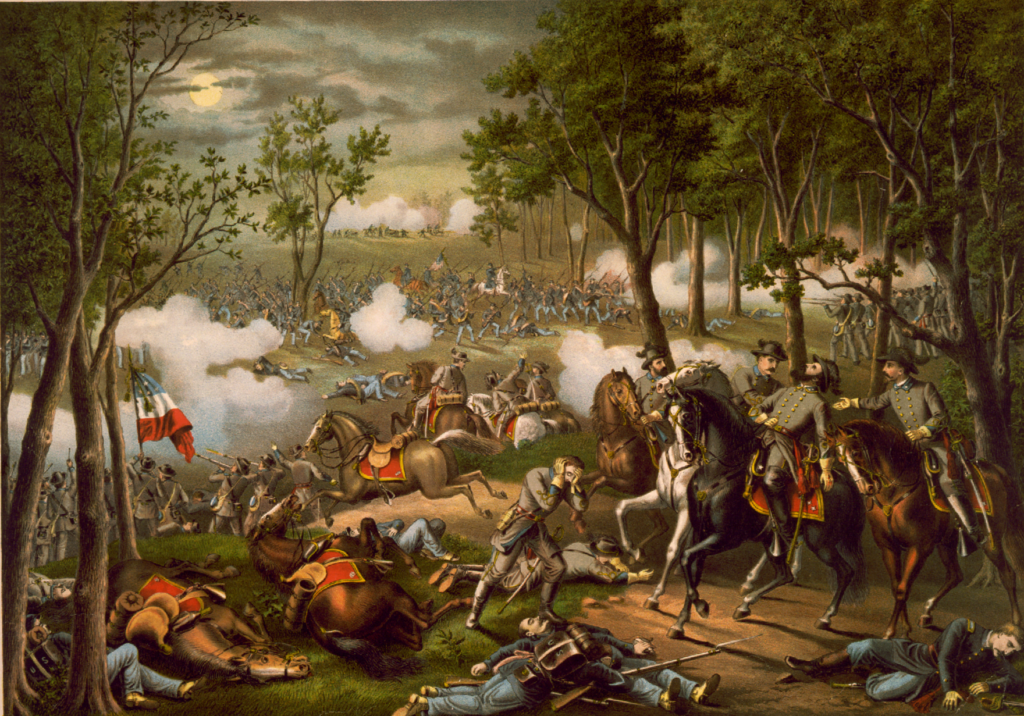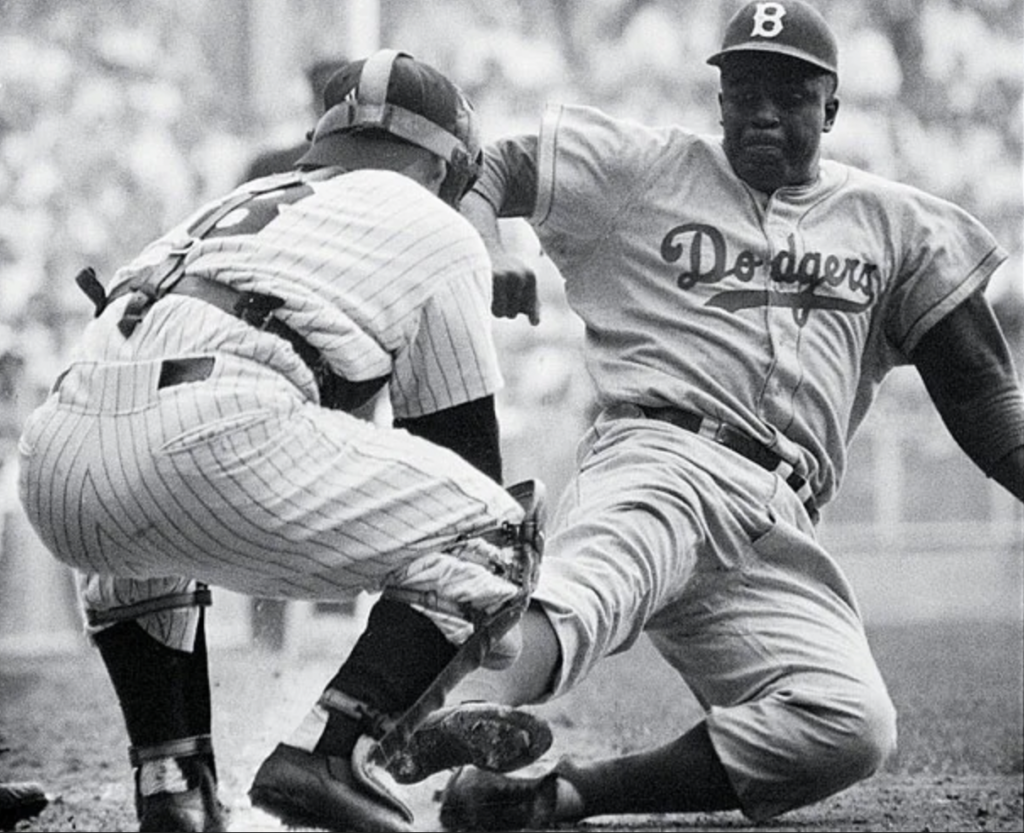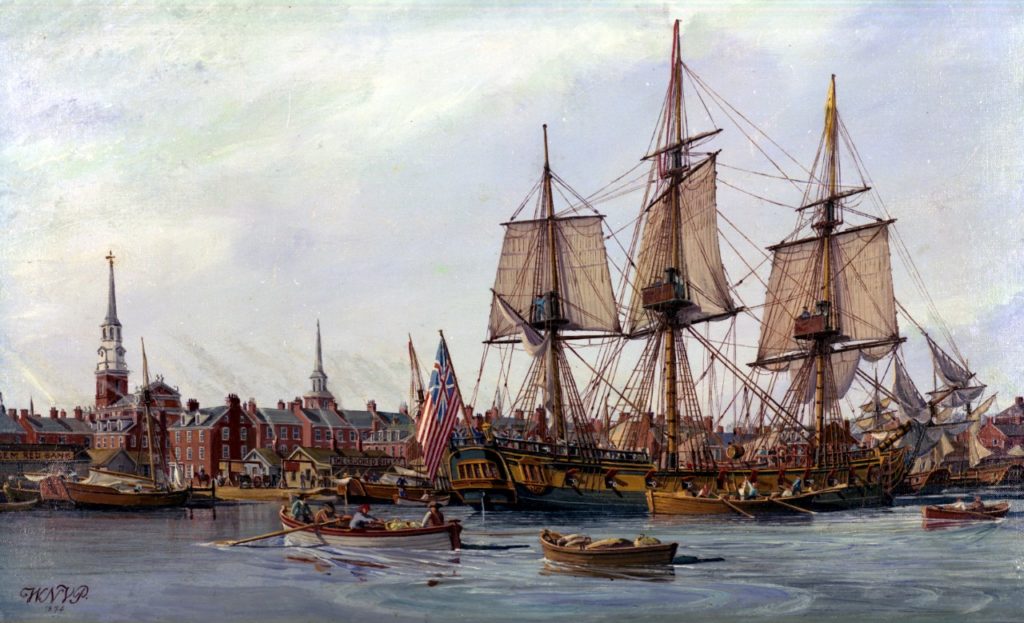October 1
October 15
2022
History Matters
Showing our children that their past
is prelude to their future
On October 3, 1895, Stephen Crane’s Red Badge of Courage was published—and almost immediately praised; eventually, it realized respect, reverence—and—a vast readership in the nation’s schools.
A historically accurate novel, which depicts the Civil War from the viewpoint of a Union soldier, it debuted in a newspaper serial, and has never been out of print.
According to a 2021 New Yorker magazine review: “It’s the story of a teen-age boy, of his immersion and panic in battle, during the Civil War, and of his achievement of the ‘red badge’ — a wound, though thankfully not a fatal one. Red Badge is one of the great American acts of originality; and if [Crane Biographer Paul] Auster is right that it has largely vanished from [curriculum], its exile is hard to explain, given that it crosses no pieties, offends no taboos, and steps on no obviously inflamed corn. It is relentlessly apolitical, in a way that, as many critics have remarked, removes the reasons for the war from the war.”
The Grateful American Book Prize recommends Crane’s The Red Badge of Courage.

On October 8, 1956, New York Yankee Don Larson made baseball history when he pitched the first and only no hitter in a World Series game against the Brooklyn Dodgers. The Yankees and the Dodgers had been perennial rivals, but the event signaled there would be no reconciliation anytime soon.
“I was so happy. I felt like crying,” Larson told reporters after New York’s 2 to 1 win in the fifth game of the series.
According to History.com, “Over two hours, six minutes and 97 pitches, Larsen retired all 27 batters. On a 1-2 pitch, he struck out Dale Mitchell to end the game and catcher Yogi Berra raced toward Larsen, jumping into his arms. The scene was captured in an iconic image … Larsen pitched 14 seasons in the big leagues, finishing his career in 1967 with an 81-91 record. He died at age 90 on Jan. 1, 2020.”
The Grateful American Book Prize recommends Dodgers vs. Yankees: The Long-Standing Rivalry Between Two of Baseball’s Greatest Teams by Michael Schiavone.

By the time the American Revolution gathered momentum, the British navy already had a worldwide—and formidable—reputation. When it became known—in the colonies–that an armada was on its way, the Continental Congress resolved to fashion an American navy; on October 13, 1775, the Congress officially ordered the construction of a naval force, –now known as the United States Navy.
“Congress also named four captains to the new service: Dudley Saltonstall, Abraham Whipple, Nicholas Biddle, and John Burroughs Hopkins. Their respective vessels, the 24-gun frigates Alfred and Columbus, the 14-gun brigs Andrew Doria and Cabot, as well as three schooners, the Hornet, the Wasp, and the Fly, became the first ships of the Navy’s fleet. Five first lieutenants, including future American hero John Paul Jones, five second lieutenants and three third lieutenants also received their commissions,” says History.com.
The Grateful American Book Prize recommends Six Frigates: The Epic History of the Founding of the U.S. Navy by Ian W. Toll.

History Matters is a biweekly feature courtesy of The Grateful American Book Prize.



